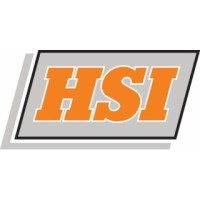
Leinolat Group
Leinolat Group is a group of five companies who provide customers with comprehensive service solutions in the metalworking sector. KILKANEN, experts in precision machining LEIMEC, supplier of demanding ventilation solutions and the BOBI mail and parcel boxes. UWIRA, manufacturer of piping products and pressure vessels. T-DRILL, manufacturer of pipe fabrication machines and solutions. BOBI.COM, designer and manufacturer of the BOBI mail and parcel boxes.






